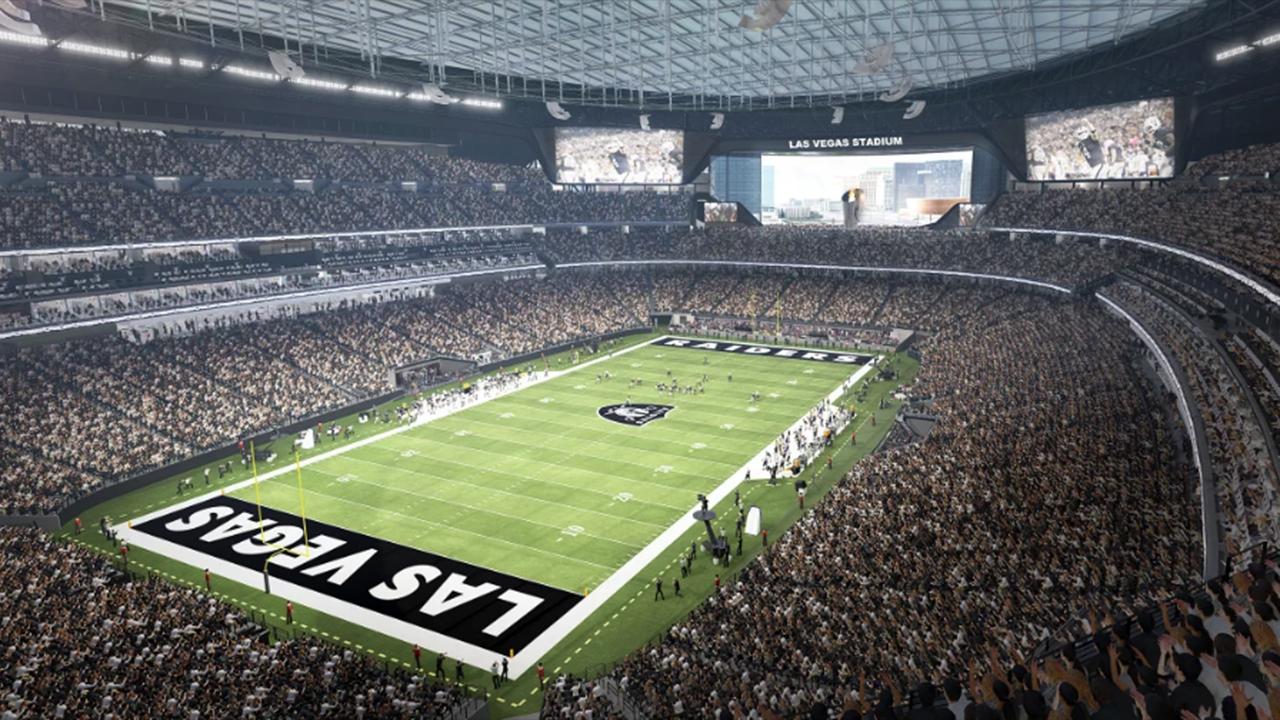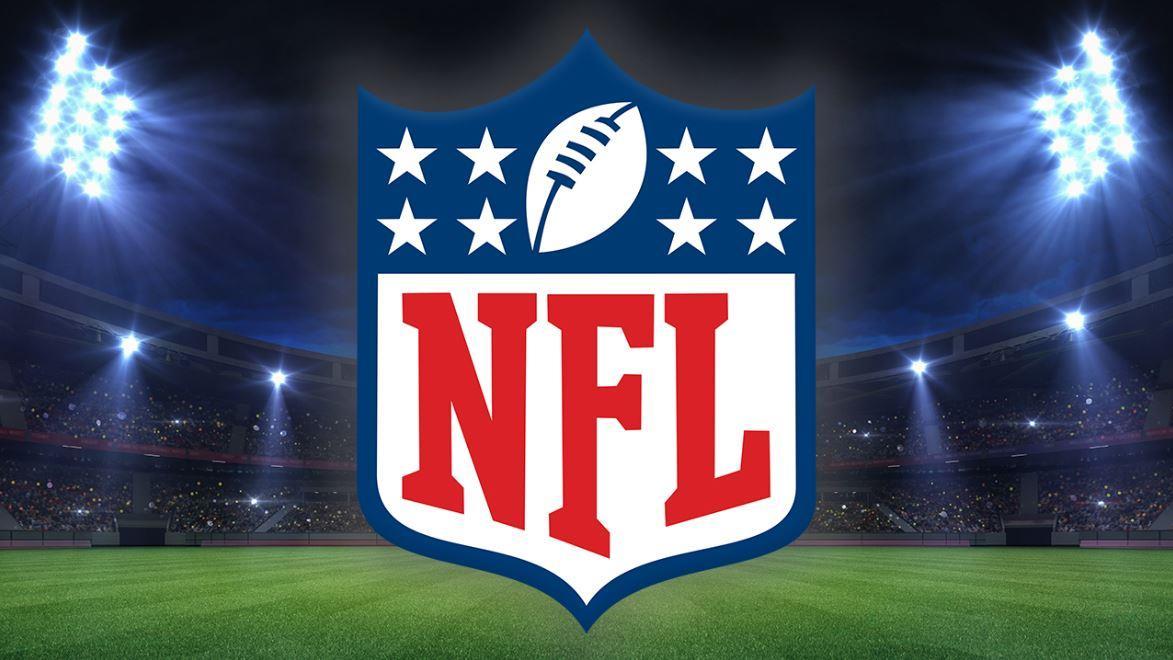NFL personal seat licenses: pigskin Ponzi or good investment?
Raiders join 17 other teams to get fans to help pay for new stadiums
The Las Vegas Raiders paid for a large portion of its $2 billion Allegiant Stadium now rising in the desert through the sale of personal seat licenses (PSLs), a controversial practice that has gained a reputation as a dubious investment for even the most die-hard fans.
The Raiders are the latest NFL team to sell personal seat licenses -- at least 17 teams have taken this route -- to help cover stadium construction costs in recent years. In exchange for their purchase, fans receive the exclusive right to buy a season-ticket package at face value for a specific seat at their team’s stadium, often over a fixed period of time.
The PSLs can run into the tens of thousands -- and fans still have to spend more on the price of the ticket for the eight home games at each NFL stadium with the licenses.
Aside from NFL tickets in a premium seat, the licenses function as an investment for their holder. Under ideal circumstances, the holder can sell individual games above face value on the secondary market or sell the license itself for more than they originally paid. But in practice, the value of PSLs can fluctuate wildly based on various factors – or lose their worth entirely if a team relocates, as Rams fans experienced when the team moved from St. Louis to Los Angeles in 2016.
LEGAL SPORTS BETTING: CALIFORNIA AMONG STATES SET FOR 2020 PUSH
“PSLs have been extraordinarily successful in helping finance the construction of new stadiums, [including] the NFL Atlanta Falcons and are projected to be extremely important in the construction of the new Rams stadium,” said Robert Baade, a sports economist at Lake Forest University in Illinois. “However, the price of PSLs will depend on their ability to maintain their value, and that depends on a myriad of things to include the performance of the team – things that are hard to predict.”
The sale of PSLs has emerged as a key mechanism for stadium financing outside private funds and taxpayer contributions. The Raiders’ sale for Allegiant Stadium raised roughly $400 million, exceeding expectations to an extent that officials funded additional upgrades to the facility before it opens to the public in July. Fans paid anywhere from $500 to $75,000 for the license, according to the Las Vegas Review-Journal.
LAS VEGAS RAIDERS' ALLEGIANT STADIUM, BY THE NUMBERS
The Atlanta Falcons, New York Jets, New York Giants and Minnesota Vikings are just a few recent examples of NFL franchise that sold licenses to fund new stadiums. In the late 2000s, the Jets and Giants drew widespread criticism in New York for requiring existing season ticketholders at their old shared venue, Giants Stadium, to buy PSLs at their new facility, MetLife Stadium.
Rams ownership experienced an even stiffer public rebuke following the franchise’s move to Los Angeles. Thousands of fans in St. Louis purchased PSLs for a 30-year term, only to see the franchise relocate after 21 years.
A federal judge later approved a settlement last June that required the Rams to pay up to $24 million in refunds to the impacted holders, recouping 30 percent of each license’s original purchase price.
The Rams and their fellow Los Angeles denizens, the Chargers, are selling PSLs for their new shared $5 billion venue in Inglewood. While ticket demand for the Rams has been strong, the Chargers have lagged far behind their $400 million revenue target, sports business newsletter JohnWallStreet reported in October.
GET FOX BUSINESS ON THE GO BY CLICKING HERE
In most cases, PSLs carry a guarantee which states that the team will partially refund the cost in the event of relocation, according to Roger Noll, a sports economist with an expertise in stadium financing at Stanford University in California.
“This should be evaluated as consumption more than investment,” Noll told FOX Business. “If a consumer buys a PSL, they are showing that they value the certainty of their seat over the lottery about the seats that they can acquire later by at least as much as the price of the PSL.”
While the Raiders stopped offering PSLs at their stadium in Oakland in 2005, team owner Mark Davis said the franchise would refund existing season ticket holders who were displeased with the team’s move to Las Vegas. The team’s website also allowed existing Oakland-based season ticketholders first dibs on PSLs at Allegiant Stadium.
Concerns about the value of a PSL as an investment has done little to dissuade prospective buyers. The Raiders had already sold through 96 percent of their inventory by October and were expected to enter 2020 with a waitlist.





















